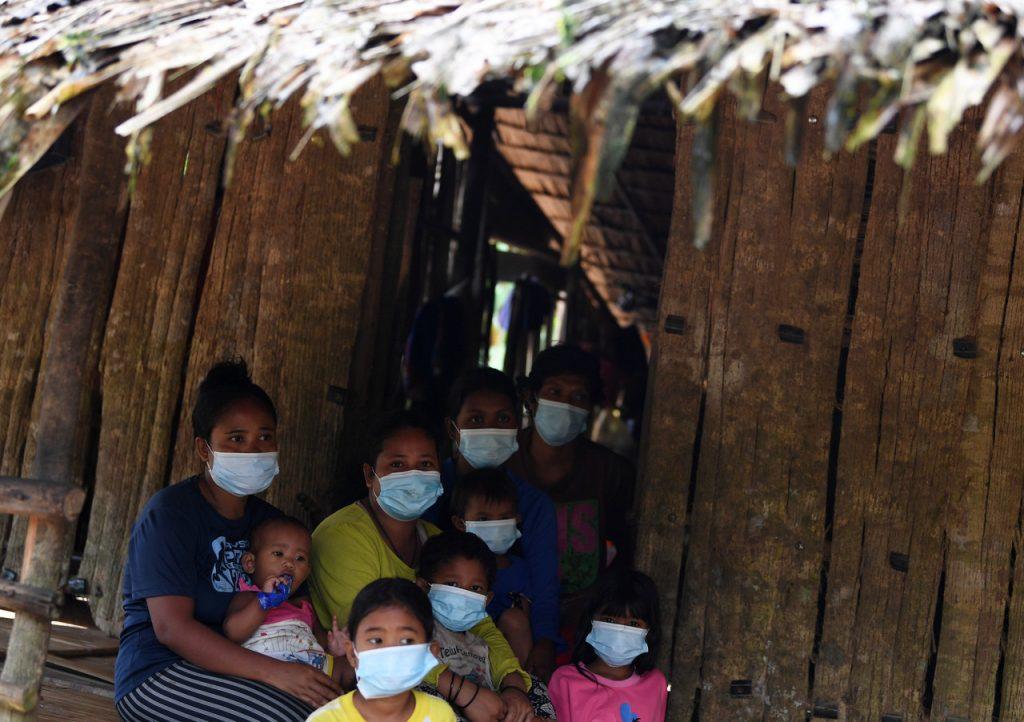Orang Asli still doubtful about Covid-19 jabs
The Department of Orang Asli Development says it is joining forces with the health ministry to ensure that no one from the community is left behind in the national vaccination programme.
Just In
The Department of Orang Asli Development (Jakoa) says it is joining forces with the health ministry to raise awareness about the national inoculation programme within the Orang Asli community, adding that doubts remain among them about the efficacy of the Covid-19 vaccine.
“I encourage them not to be afraid, but to have faith in the government’s efforts to save, not to destroy,” Jakoa director Juli Edo told MalaysiaNow.
He added that there have been positive cases among members of the community, although these are isolated.
It was previously reported that a couple from the Temiar community had disappeared during a screening for Covid-19 at Hospital Sultan Ismail Petra in Kuala Krai, Kelantan, after leaving their 25-day-old infant who had tested positive for the virus.
They were later arrested by the police near Kampung Sungai Sam in Kuala Krai.
Juli said Jakoa would introduce a more practical method to encourage the Orang Asli in the interior to accept and register for the vaccination.
He said the department would also identify individuals from the community to help the health ministry in its screening process.
“The focus right now is to raise awareness and encourage them to register for MySejahtera,” he said.
“For those who are without access to smartphones or internet connection because they live in rural areas, we will try to develop other methods to ensure they can register.”
The vaccination schedule for the Orang Asli has yet to be released by the government.
However, Juli said Jakoa has prepared preliminary statistics in an effort to ensure that no one in the community is left behind.
Mobile clinics for Orang Asli
In the meantime, Juli welcomed the ministry’s effort to introduce mobile clinics as an approach to vaccinating the Orang Asli community.
He said the effort would accomplish the programme’s objectives as well as curb further outbreak of the virus.
“As I mentioned, we are optimistic about making sure the community’s health is taken care of by working together with the related organisations,” he said.
Last week, health director-general Dr Noor Hisham Abdullah said his ministry would focus on the Orang Asli community to ensure they are not neglected in the vaccination programme.
He said this would be achieved through collaboration with community leaders and NGOs.
“The first thing is to make sure they are registered under the ministry before the district health units vaccinate them.”
Around 600 clinics are slated to be involved in the national vaccination programme, which began in February.
Subscribe to our newsletter
To be updated with all the latest news and analyses daily.
